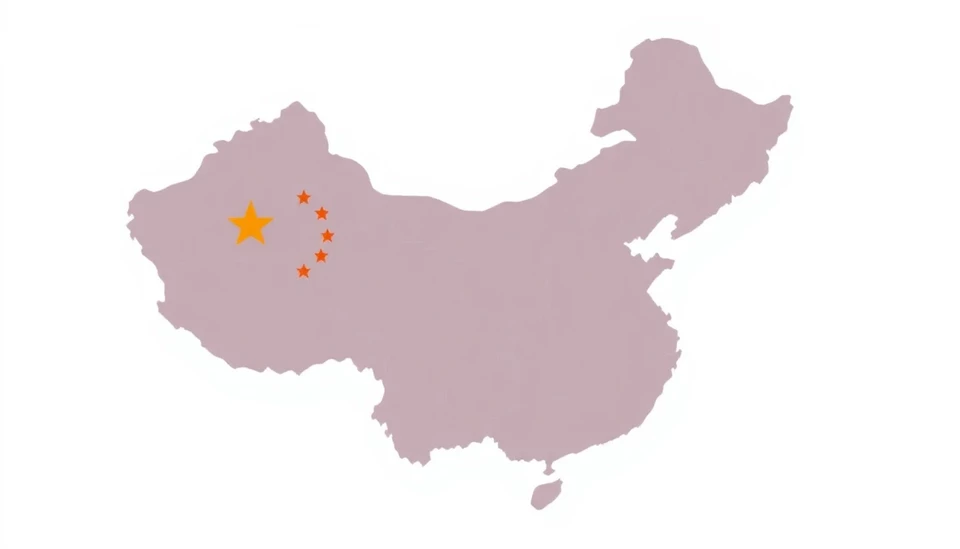
In a significant move to bolster its strategic metal reserves, China has announced plans to expand its holdings of cobalt and copper. This initiative comes amid increasing demand for these key metals, which are essential in various sectors, including electronics, electric vehicle production, and renewable energy technologies.
The Chinese government has set a target to procure substantial quantities of copper and cobalt to enhance its domestic stockpiles. This decision is driven by the country's ambition to strengthen its economic security and ensure a stable supply of materials critical for the advancement of its green technology goals. Analysts suggest that these moves may also be driven by recent fluctuations in global metal prices, which have seen volatility due to supply chain disruptions and geopolitical tensions.
Cobalt, a crucial component in lithium-ion batteries, has seen soaring demand as electric vehicle (EV) production ramps up globally. Similarly, copper, often dubbed "Dr. Copper" for its ability to predict economic health, is vital for energy infrastructure and construction. Experts predict that China's increased procurement strategy could lead to tighter global supplies, further influencing metal prices in the international market.
The state-run companies involved in these purchases are expected to work closely with international suppliers to secure reliable sources of cobalt and copper. This effort aligns with China's broader objectives to dominate the global supply chain for critical minerals and secure its place as a key player in the transition to green energy.
Furthermore, China’s move to expand its metal reserves comes at a time when Western nations are also ramping up efforts to secure their own supplies of rare earth minerals and metals essential for technology manufacturing. With rising global competition for resources, China’s strategy may also be seen as a preemptive step to maintain a competitive edge in the global market.
As these developments unfold, stakeholders across various industries will be closely monitoring how these changes might affect supply chains, pricing, and ultimately, the pace of energy transition initiatives worldwide. Analysts continue to urge for diversified supply chains, cautioning against over-reliance on any single country for critical materials.
In conclusion, China’s strategic acquisition of cobalt and copper not only aims to fortify its state reserves but also signals a proactive approach to navigate the turbulent landscape of global commodity trading. As the world transitions towards a more electrified and sustainable future, the implications of this decision could resonate throughout numerous industries and economies.
#China #Cobalt #Copper #MetalReserves #ElectricVehicles #GreenEnergy #GlobalTrade #SupplyChainManagement
Author: Daniel Foster




